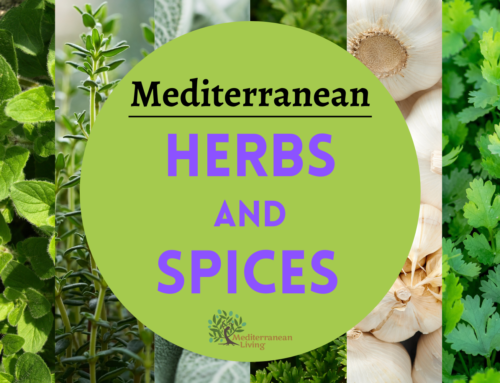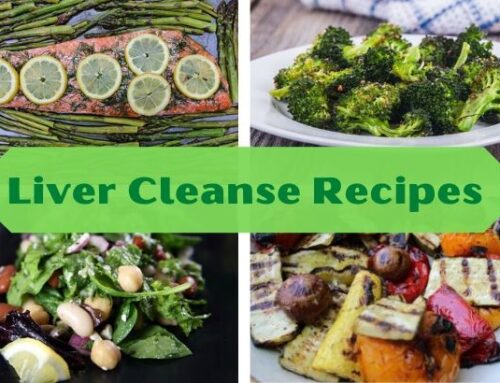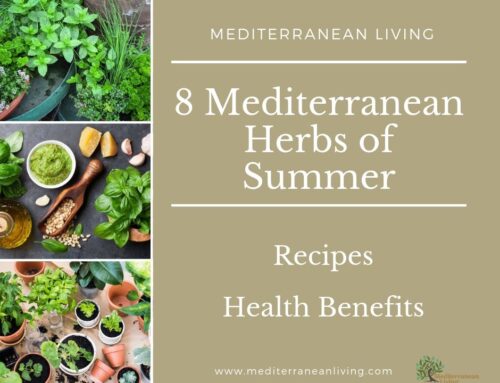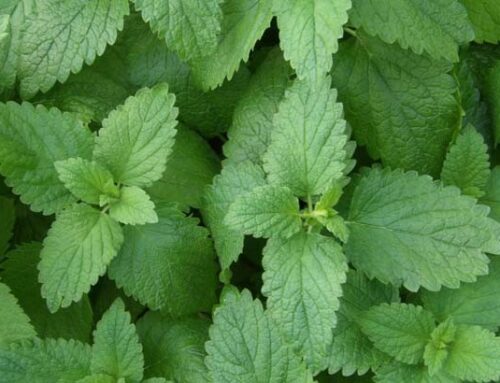Oregano: Powerful Medicine in The Kitchen
By Christine Kenneally
Updated July 8, 2015
Oregano: Powerful Medicine in the Kitchen
Did you know that the word “drug” comes from the Anglo-Saxon word, drigan, which means “to dry”? Before pharmaceutical drugs existed, herbs were picked and dried and kept in jars for use by specialists in folk medicine, or herbalists. Although many of these plants are more potent as freshly picked leaves, drying them makes them available year round. Many of the culinary herbs that we commonly use in food were used as medicine before making their appearance in the kitchen.
Oregano (latin: origanum vulgare) is one such herb. It brings a zesty freshness to sauces, pizzas, salads, soups and omelets. And, while you’re enjoying oregano’s flavor, you are also improving your health in 5 important ways.
1) Oregano makes your food easier to digest! When you add oregano to your food, it gives a warming ‘jump start’ to your digestive system, helping to process and absorb the vitamins and nutrients in the food you’re eating.
2) Oregano improves the health of your overall digestive system. So many people have difficulty digesting certain foods, and contend with bloating, gas and constipation. Oregano has powerful antimicrobial properties that help to balance the good bacteria in the gut and keep the harmful bacteria in check, thus making eating a more pleasant experience. Anti-fungal properties in oregano make it an effective prevention and treatment for yeast overgrowth or Candida.
3) Oregano is good for the immune system. It has been shown to be a more effective immune booster than Echinacea.
4) Oregano has been shown to prevent breast cancer and prostate cancer.
5) Oregano is a powerful anti-oxidant that is high in vitamin E. These qualities mean that it protects brain cells from damage, and wards off dementia. It’s no wonder it’s known in the Arab world as a memory boosting herb!
Because the aromatic oil in the oregano is what contains the health properties, it’s better to eat it fresh. Dried oregano does provide some benefits if you store it in airtight containers and keep it away from sunlight. If you are cooking with oregano, it’s best to add it to your dish at the end of cooking so you don’t cook away the healthy components.
Oregano, which is also known as ‘wild marjoram’ is a hardy perennial that grows abundantly in mountainous regions in well drained soil. The word oregano comes from the Greek words oros and ganos meaning ‘joy of the mountain’.
Enjoy this month’s featured recipe using raw fresh oregano: ‘Tomato Slices with Feta Cheese’ from Mediterranean Living.
//www.mediterraneanliving.com/recipe-items/tomato-slices-with-feta-cheese/
Source: Herbs and Spices: A Guide to Culinary Seasoning by Waverly Root, 1985
Photo Credit: Getty Images












Bill Bradley, R.D. says:
Bill Bradley, R.D. says:
Bill Bradley, R.D. says: